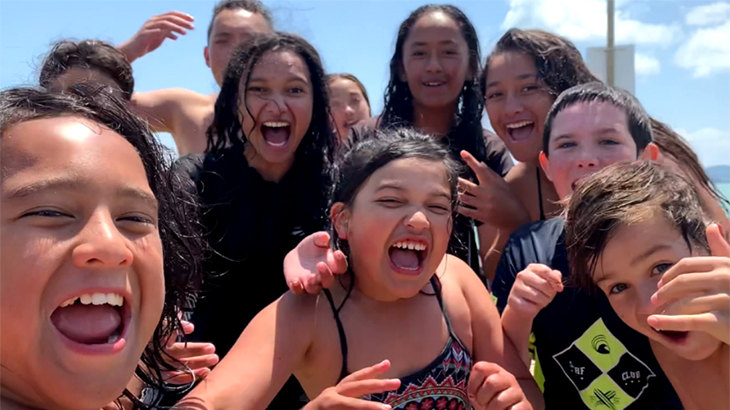Real stories: How we help people recover after an injury
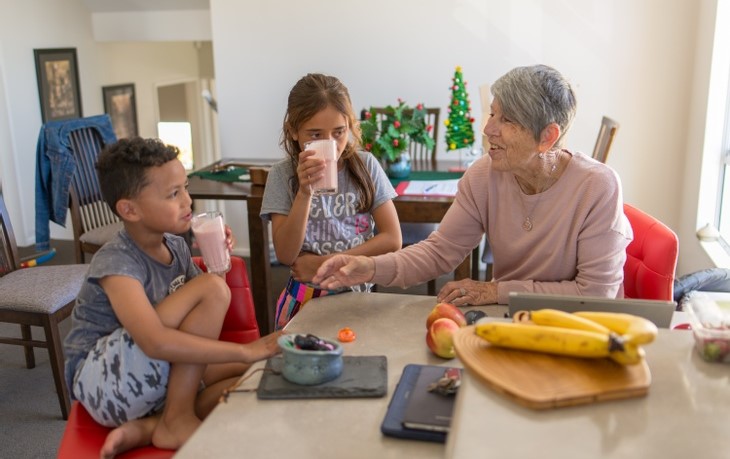
Do you know all the ways we can help you and your whānau after an injury? Read some real stories of how we supported New Zealanders in ways that might surprise you.
You may be aware we’ll pay up to 80% of your income as weekly compensation if you can’t work.
You might even know we help cover treatment costs such as visits to the hospital, doctor and physio.
We can also provide equipment to support your recovery (like crutches or a wheelchair), home and vehicle modifications, and transport, for example to medical appointments or for your tamariki to get to school.
But you might not have heard of the many other ways we can help you get back to everyday life after an injury, easing some of the worry about how you’ll keep supporting your loved ones and allowing them to carry on with their daily lives.
The type of support we provide is tailored to the needs of each injured person and their whānau as we know everyone’s situation will be different.
Read on for some real-life examples of the lesser-known ways we can help you and your whānau if you’re injured.
Helping out around the home
When Trevor Markham suffered a broken neck and many fractures to his spine and pelvis, he was confined to a hospital bed for weeks and then faced months of limited mobility at home.
Wife Janice was working fulltime and already looking after her elderly father in the same family home.
With trusty Trev now out of action, Janice wasn’t sure how she would cope with all the chores.
So we arranged for a cleaner to take care of the housework, allowing Janice to continue working and helping her husband to get back on his feet.
“That was a tremendous relief and I’m sure it aided my mental recovery,” Trevor says.
Trevor’s story: How a fall ended decades of hard work
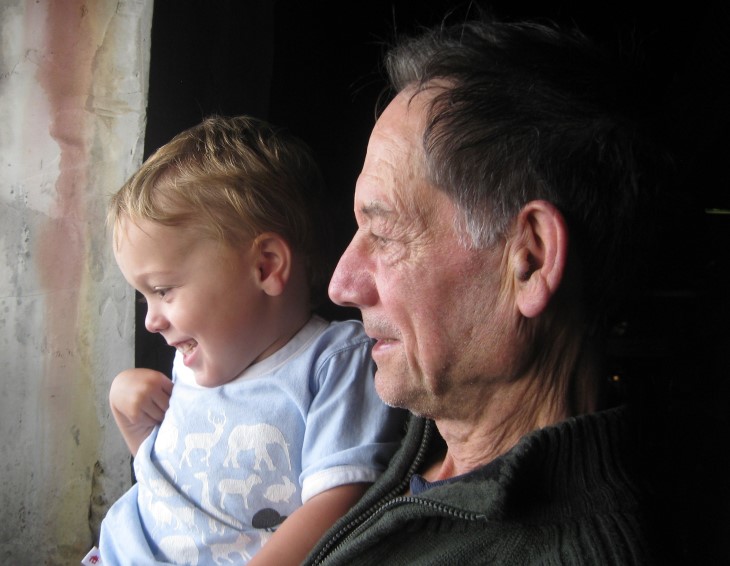
Taking care of a lifetime of surgeries
Brayden Warnock-Hannon’s life was changed forever at just five-years-old when he suffered severe burns to nearly half his body.
Now 18, he has had over 50 operations in his young life and there are likely to be many more to come.
But, to the great relief of Brayden and mum Angela Warnock, they have not had to pay a cent as we’ve taken care of all the ongoing surgeries.
“The cost of all his surgeries and the garments he wore were all very expensive – without ACC I think we would have struggled a lot,” Angela says.
“I’ve always been told that if he needs anything to just give them a call – the range of things that are covered is amazing.”
Brayden’s story: Inspiring others after a life-changing injury
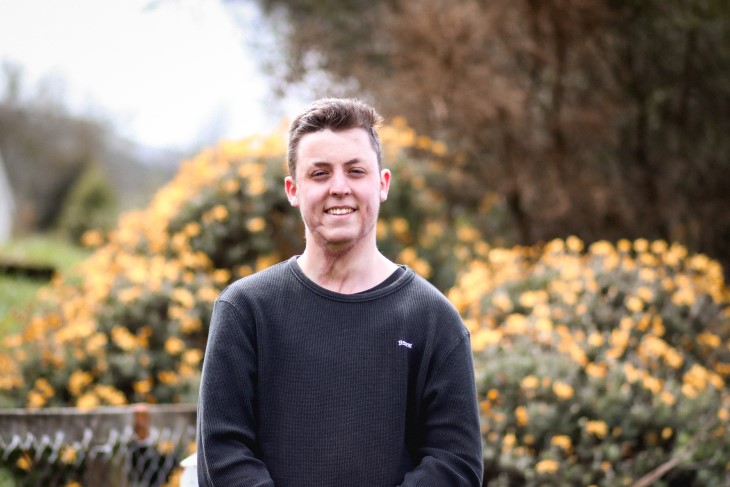
Supporting victims of sexual assault
Almost a quarter of adults in this country have experienced some form of sexual violence.
Sarah Strong suffered in silence for 35 years before bravely telling her story so others would know help is available.
After suffering sexual assault as a child, she finally felt strong enough to talk about her trauma and was supported by a counsellor provided by ACC.
“I was never forced to talk about things that I didn't want to talk about and that surprised me,” Sarah says.
“Going down the counselling route, I thought I would have to re-live everything and was terrified of that, but she didn’t do that with me.
“She focused on how I was feeling and how I can manage situations. She gave me choices around different techniques to use.”
Sarah’s story: Breaking the silence on rape
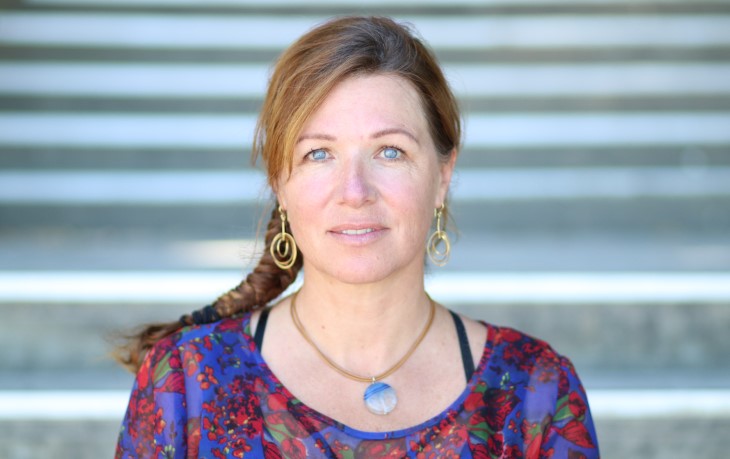
Access to rongoā Māori services
When Anaru Hodges suffered a gardening injury, he turned to the healing methods used by Māori in Aotearoa for centuries.
He received care from Hastings-based Charlotte Mildon, one of 100 ACC-registered rongoā vendors all over the country.
“The initial purpose was to address a lower back injury but she could see that there were other ailments that were affecting my whole taha tinana, my whole physical body and mind,” Anaru says.
After struggling with his weight for a number of years, Anaru is now aiming to use the knowledge he has been empowered with to improve his health and wellbeing.
“I’ve realised that I had strayed from my own culture and that I probably need to come back to it. Those things that were harming me weren’t really a part of how our people used to live and how they would take care of themselves.”
Rongoā Māori: A traditional healing choice for all
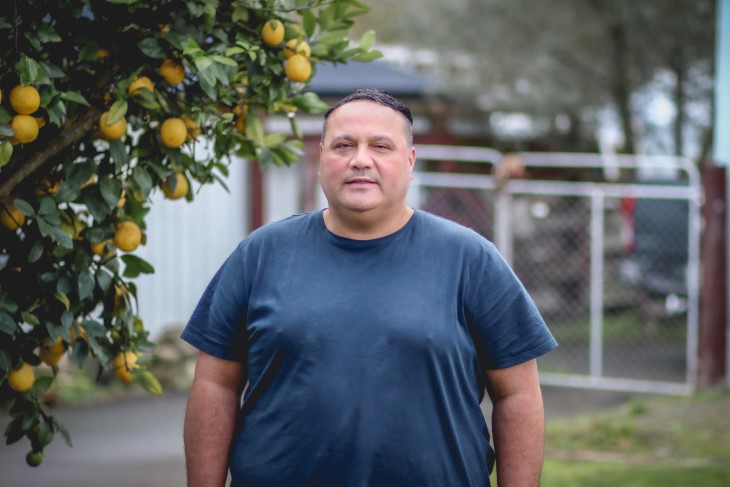
Helping you return to work
Research shows that the sooner you get back to work and everyday life, the better it is for your health, wellbeing and recovery.
Keeping connected to work and maintaining your income and work relationships are likely to help you recover more quickly.
The research also tells us that that the longer you’re off work, the less likely it is that you’ll ever return. Losing a job due to a long absence can have significant long-term implications for you and your whānau.
When Luke Henley broke his back in a snowboarding accident, we supported him to get back to running his construction company as soon as possible.
“Sitting was really hard for me at that time, it was causing me a lot of pain,” Luke says.
“So ACC provided me with a stand-up desk – that was great as I was able to get back into work.
“The whole support system I had from ACC was outstanding, it was world-class. I wouldn’t have got through that period without their support.”
Luke’s story: How one moment on the slopes almost changed a life forever
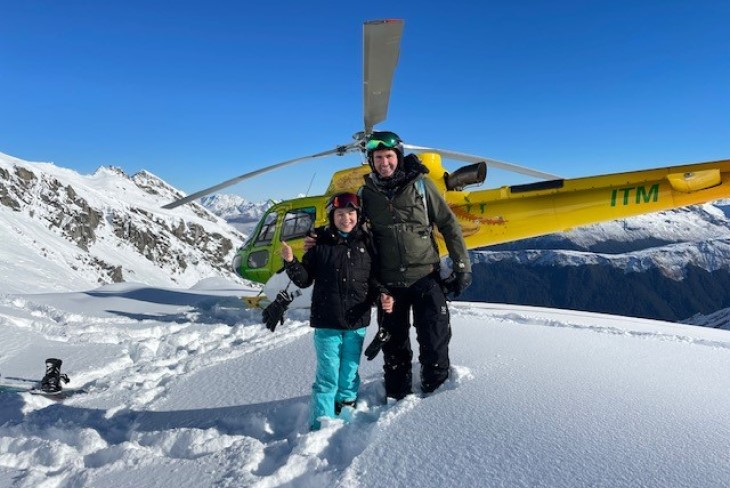
Easing the financial burden
If someone dies as a result of an injury, the rest of their whānau may be facing a financial struggle.
That’s where we can step in to provide financial support, as we did for single mum Kavana Jane.
Kavana suffered the devastating loss of fiancée Lance Bell in a motorcycle crash, leaving her heart-broken and wondering how she would be able to give five-month-old daughter Harley-Jean the life she wanted.
She was therefore relieved to hear she would receive 80% of Lance’s salary until Harley-Jean is 16. That compensation then goes directly to Harley-Jean from 16 to 18.
“I’m not working because I don’t want Harley-Jean to be raised by strangers in daycare,” a grateful Kavana says.
“So ACC have made it possible for me to look after my baby.”
Kavana’s story: Sharing her story of pain to help others
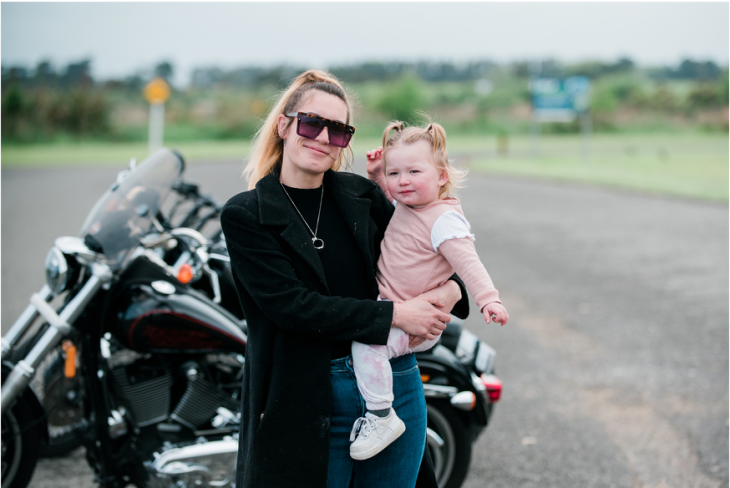
More information on whānau support
Learn more about how we can support you and your whānau get back to everyday life after an injury on the ACC website.



